The Week In Social: Uber Eats gets it on with Venmo, Twitter burns itself, and Facebook fights against fake news
Instagram adds question stickers
Instagram launched a new feature this week that was quickly adopted by anyone who has any presence whatsoever on the platform. Offering followers the chance to ask influencers questions directly—without having to slide into any DM realm—Instagram questions were an immediate hit. What may seem like something kitschy to some, this new feature will give brands new opportunities to engages with their audience, allowing crowd-sourced collections to become the new norm. While still in its infancy, there’s nowhere to go but up for this incredible new feature. Well done, Facebook.
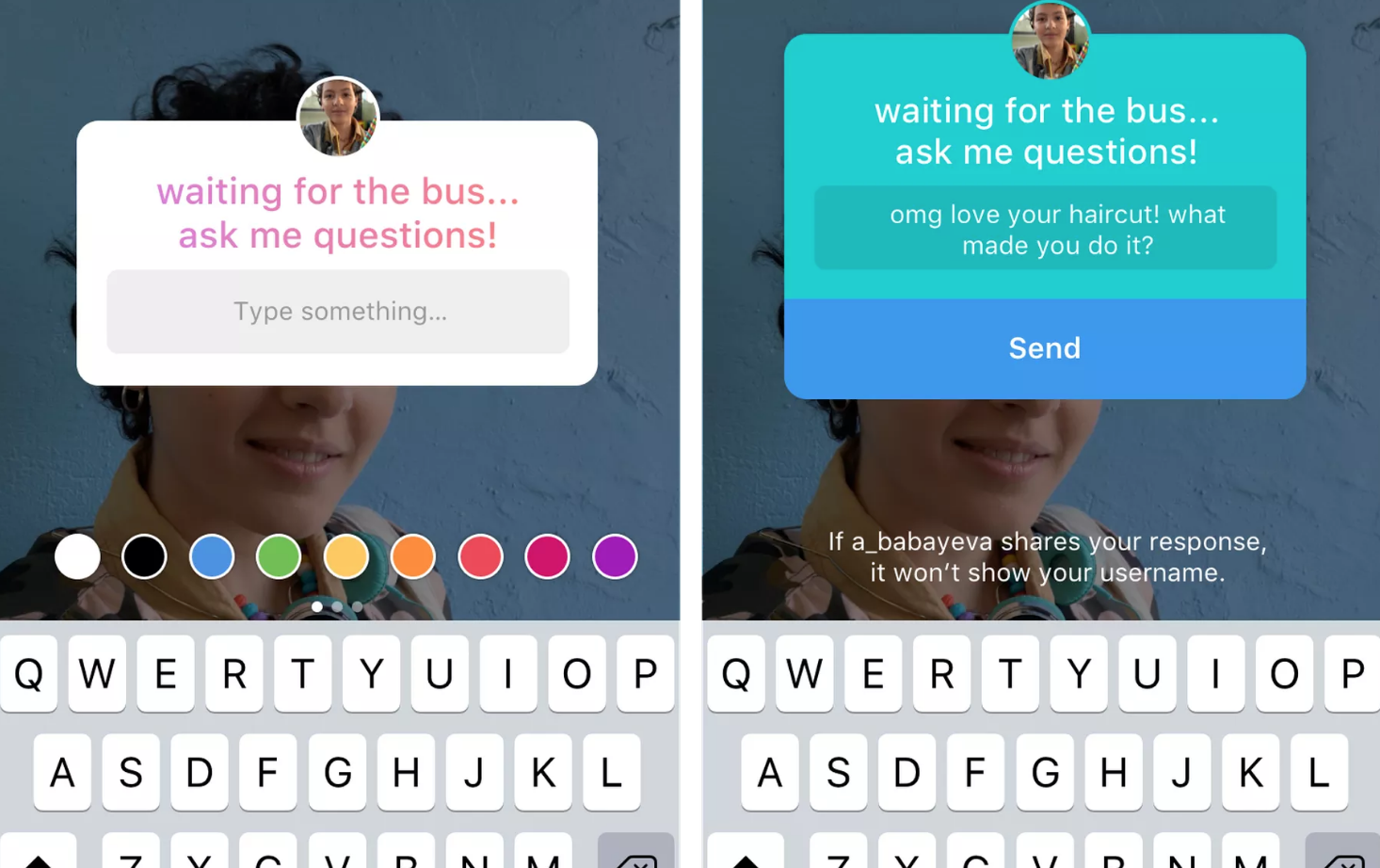
Read more at The Verge
AR comes to FB ads
Facebook made huge moves this week by implementing augmented reality into their advertising offerings. With this new feature, grammers are able to virtually try on clothes, makeup, and a litany of online products. Ty Ahmad-Taylor, Facebook’s VP of product marketing was especially excited about the new addition saying that “the idea of AR ads is to have new ways to take shoppers from product discover to shopping instantly.” This is certainly the next big step in shopping for online social platforms, and one can’t help but wonder…what now?
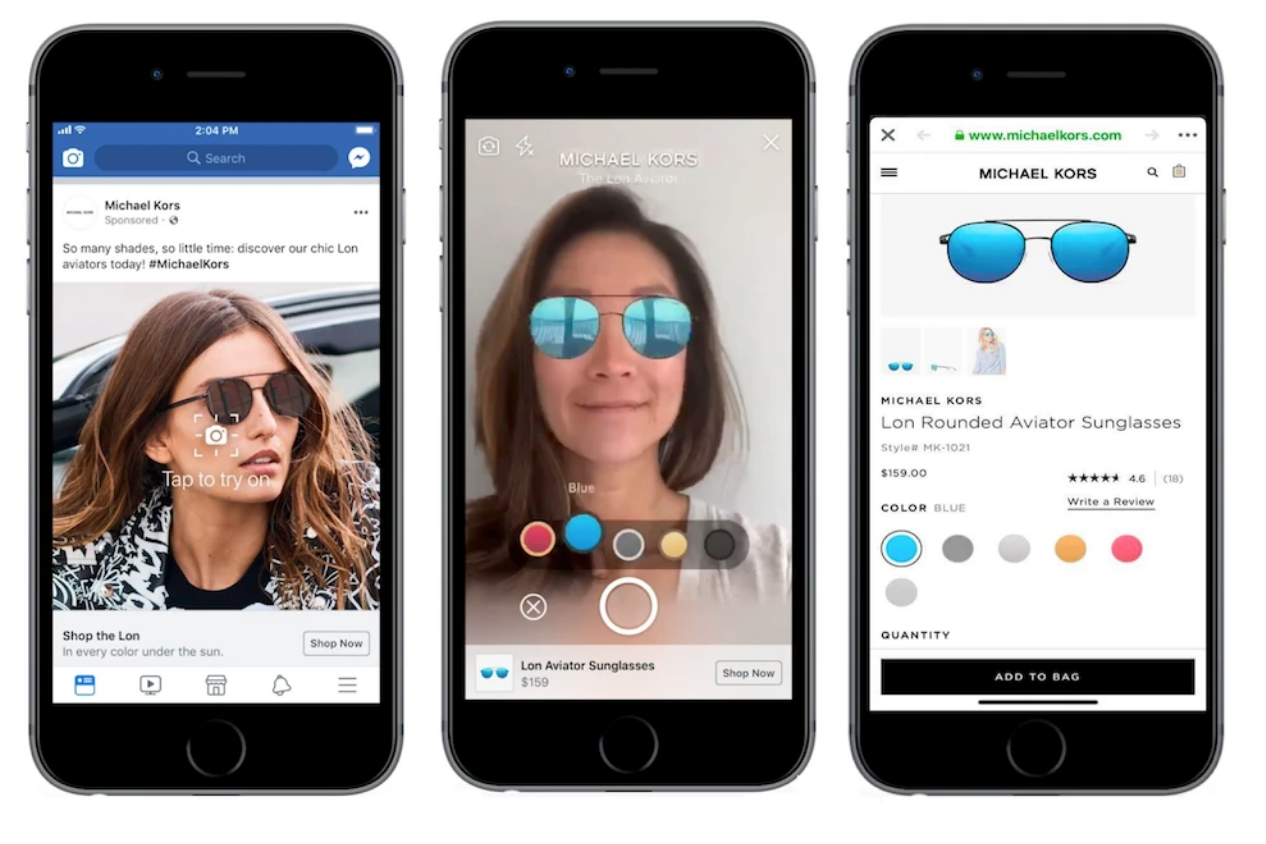
Read more at TechCrunch
YouTube finally does its part in fighting fake news
Combatting the constant onslaught of fake news, YouTube has announced instrumental changes in order to cull the spread of false stories. Previously, YouTube has been criticized for the numerous conspiracy videos they allow to outperform credible news sources, and the company has made this move in an effort to regain the faith of loyal users. Additionally, the streaming giant has added a “Top News” and “Breaking News” section to its algorithm, hoping to give preference to sources that users would actually be able to rely on.
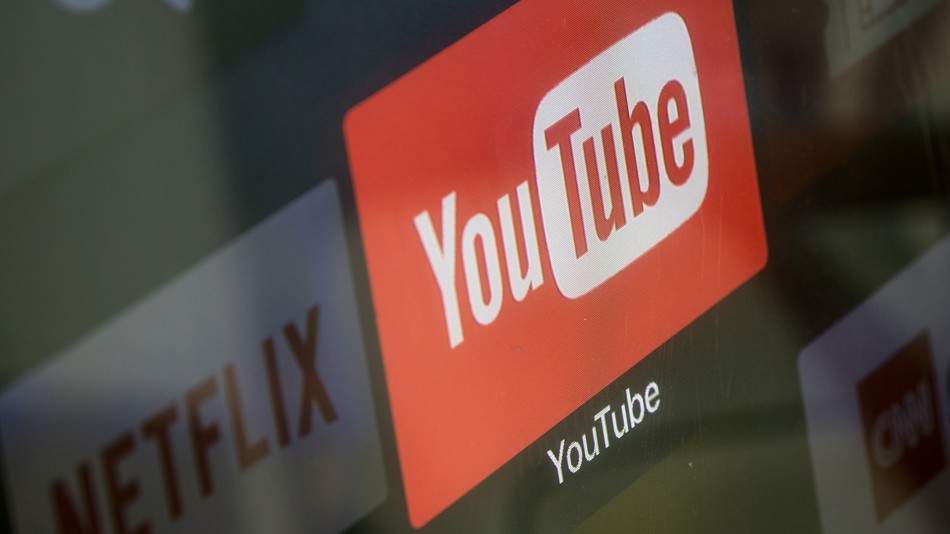
For more, go to Mashable
Fakers to the back?
After the fallout from Cambridge Analytica, Facebook has been making some serious moves to correct their insane amount of fake accounts. In their latest effort, the social media giant has begun testing a new messaging feature that identifies suspicious accounts. The feature will provide users with information about any unsolicited message they may encounter, such as alerting them to the country of origin, and whether or not the person messaging them has an active Facebook account. Hopefully, this will add a much needed measure of security in this day in age, though with constant innovations one is left asking themselves, “will it be enough?”
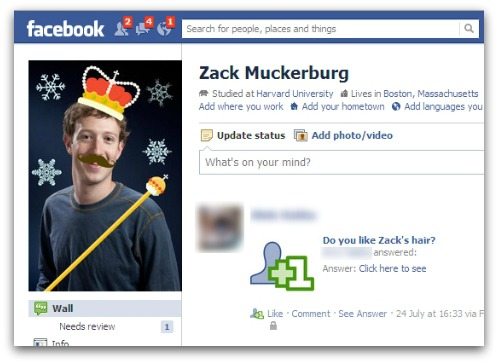
Read more at The Verge
Twitter gets stunted on
Twitter announced earlier this week that they’d be culling fake accounts from their platform en masse. Burned by their own efforts, the company’s own account drastically dropped from 62.8 to 55.4 million followers, showing the world that no one is immune to the incredible reach of a botnet. Other accounts, such as Katy Perry, Justin Bieber, and Rihanna, have remained steady, but will they survive the next cull? Who knows.
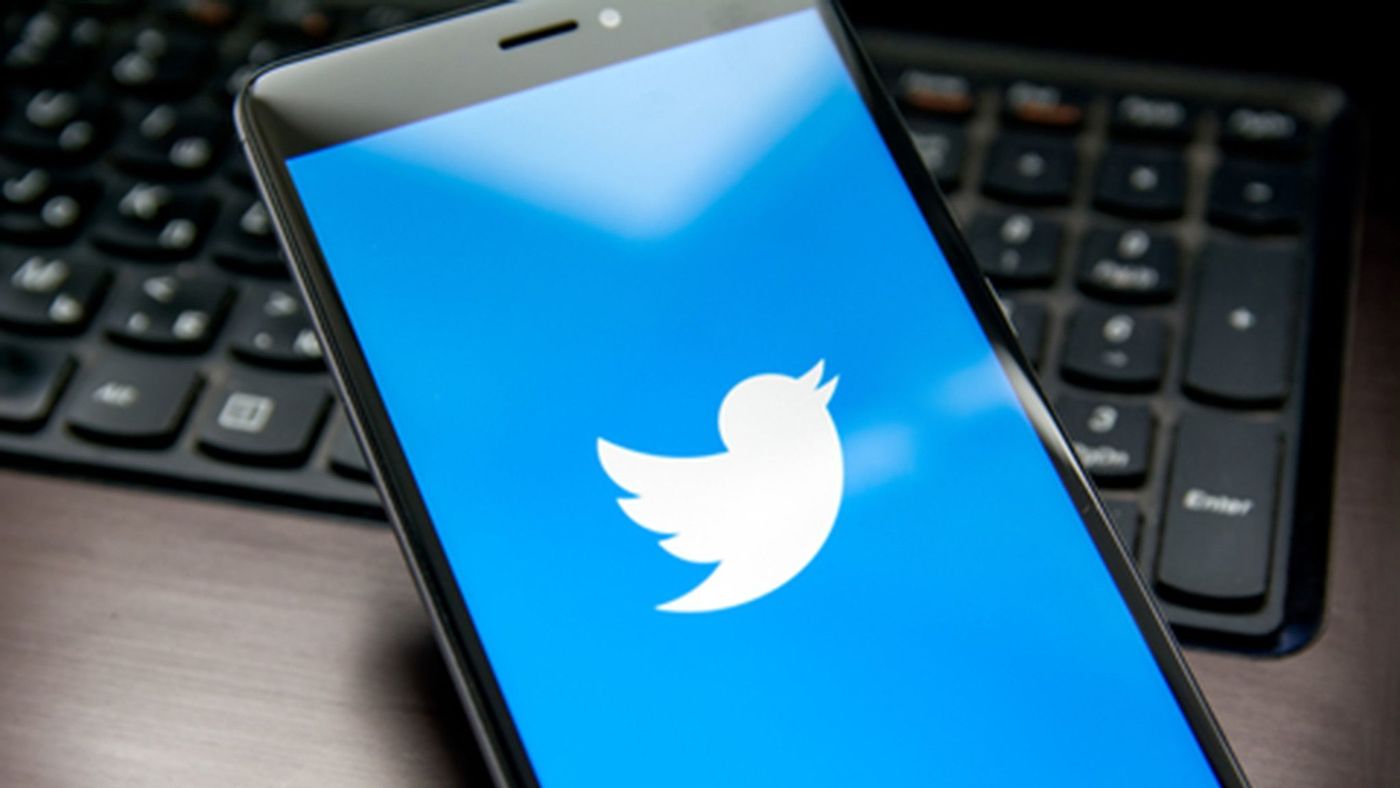
Uber Eats gets an upgrade
Hangovers and lazy Sundays just became a lot easier. Uber announced earlier this week that Uber Eats would now start allowing their customers to split their bill via Venmo…hallelujah. Never again will a group of friends have to deal with the precarious situation of having to pay everything on one card (gasp!) Newly integrated, the two platforms will allow every party to contribute to the bill, making payment easier than ever. In addition, Uber has now become the first brand to ever get their own emoji on Venmo. For the sake of digital hieroglyphics, let’s hope they aren’t the last.
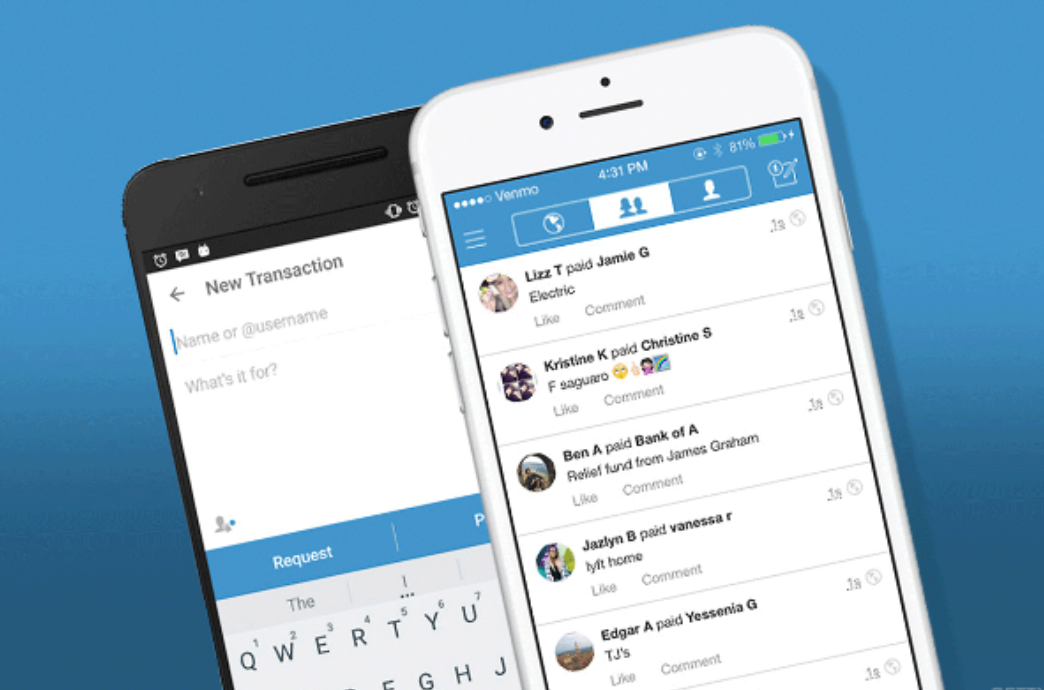
Read more at VentureBeat